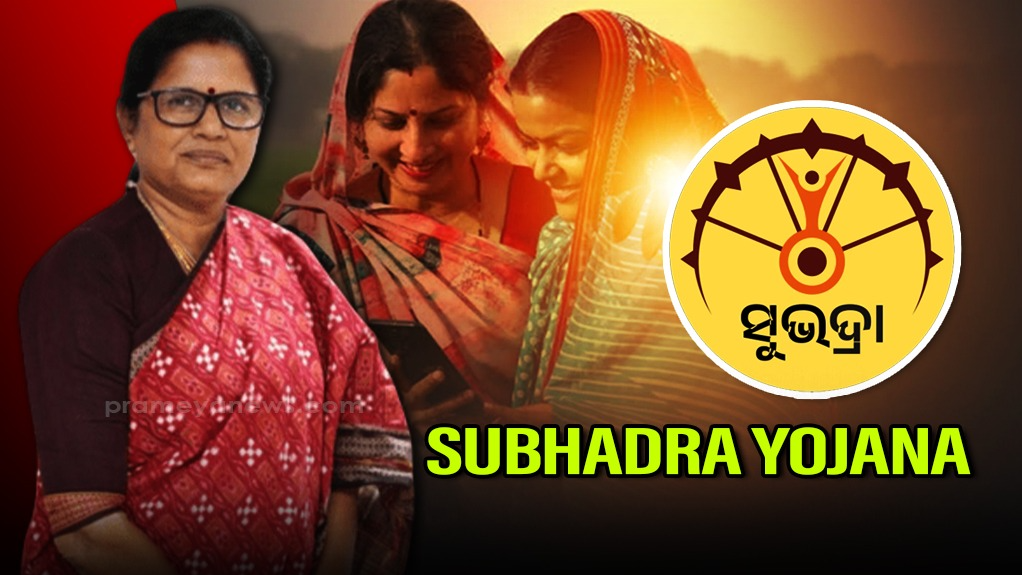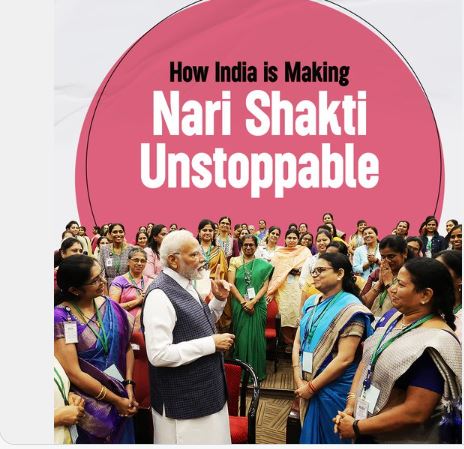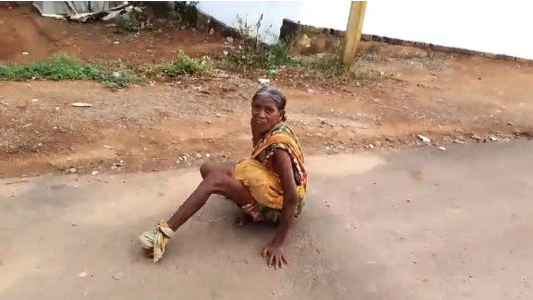Changing Demand for Higher Education in India
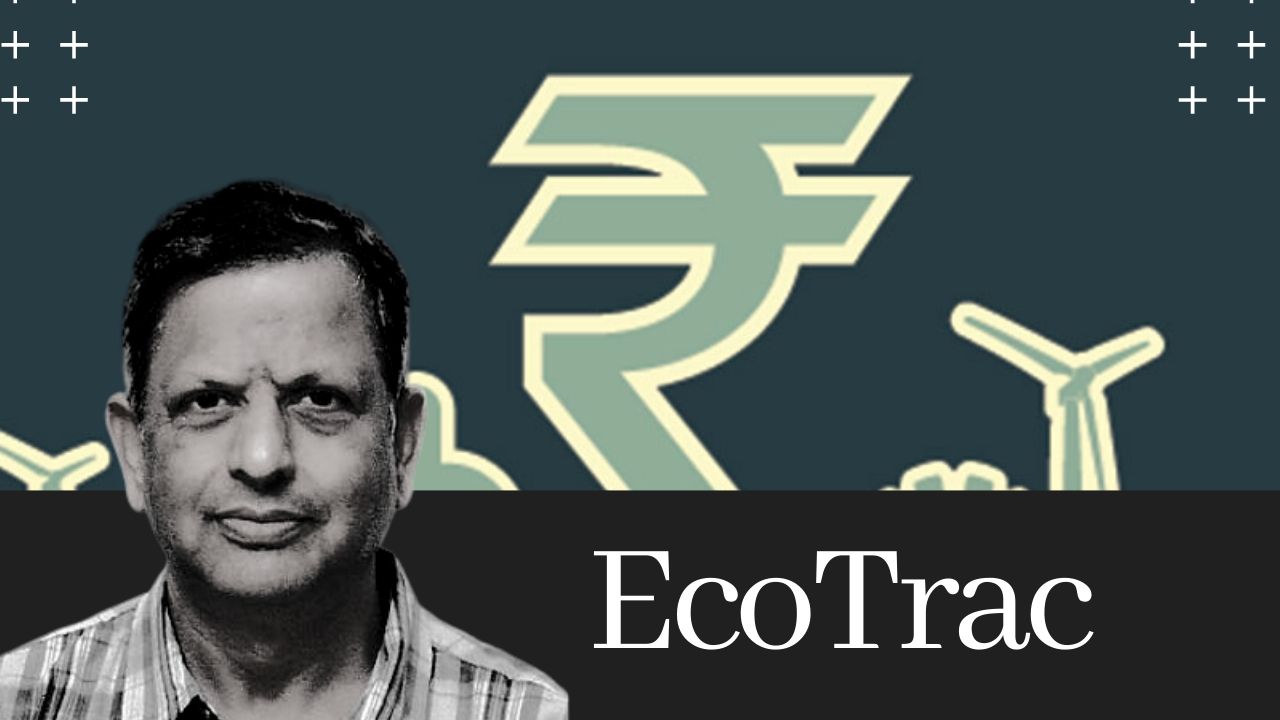
An increasing number of students want to go abroad for pursuing higher studies because they do not find education qualitatively good here Dr Manas R. Das The demand for higher education has been increasing phenomenally in India. Besides, there has been noticeable structural change in demand. A variety of factors including demographic, economic, social and psychological have led to this surging trend. Due to economic progress, per capita income has increased and along with smaller family size, per capita disposable income has also increased. Therefore, parents are increasingly able to afford better and higher education for their children. Today owing to high level of competition for jobs, employers prefer potential employees with many more qualifications or skills. Perhaps fifty years ago a graduation degree in any discipline was enough to get one a reasonably good job. Thirty years back post-graduation was enough. But now apart from these conventional degrees, organizations seek additional specialized skills like MBA, specialization in financial management, computer literacy, etc. Therefore, one has to go for these higher courses in order to become more employable. Unlike 2-3 decades ago, public sector jobs are limited today arising out of government deficits. The private sector, comprising several MNCs, has become dominant after the Liberalization, Privatization and Globalization policy, and they recruit a significant lot. The private sector looks for varied talents in a person in addition to skills and qualifications. Therefore, one has to invest in building up one’s capabilities to get into a good professional career. A lot of them go for campus recruitment where the competition is fierce. The psychology of today’s youth has also undergone transformation. They want to earn as much as possible within the shortest possible time to attain a good standard of living and recognition in the society because job span in the private sector is uncertain. Economically speaking, the structural transformation has emerged from the explosion in the service sector brought in by the technological revolution. Many new lines of activities like media, IT, banking and finance, and real estate have come to the fore. All these sectors require skill and analytical expertise. When we got into bank a post-graduation degree was sufficient, but now banks want people with MBA, Finance, Accounting, Systems, etc. Further, if one has to enhance his employability, he has to do advanced courses being in the job too. Another trend has recently emerged and that is, increasing number of students want to go abroad for pursuing higher studies because they do not find education qualitatively good here. With a large number of students passing out every year and lack of adequate number of reputed universities/colleges, one has to score very high percentage to get into some good discipline in India. The cut-offs are fixed at very high levels, and since marks obtained in the qualifying examination is the only criterion, many good students are debarred. But abroad, one’s percentage is not the only criterion; they look into many other aspects like score in international tests, overall curriculum vitae, background, motivation, resume, etc. Moreover, unlike in India, one can do on-campus job there to supplement her/his financial needs. As per a British Council study, in India, a foreign degree enhances one’s employability. Finally, easy availability of bank and nonbank loans for higher education has bucked this observed trend. In a word, the demand for higher education has been witnessing a strong qualitative change, and it is the responsibility of all the stakeholders including the governments and private sector to address these changes appropriately. About the Author: Dr. Manas R. Das is a former senior economist of the State Bank of India. He has over 30 years of experience as an economist in two large commercial banks. Academically, he is a gold medalist in Bachelor of Arts with Economics Honours from Utkal University, followed by Master’s in Economics from Delhi School of Economics and Doctorate in Economics from Gokhale Institute of Politics and Economics. He is also a Certified Associate of the Indian Institute of Bankers. He has won several awards, besides being a prolific writer.
Latest News

Sitharaman, Purandeswari, Srinivasan: The Top...
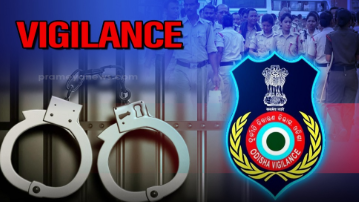
Vigilance raid: Talcher ASI caught taking brib...
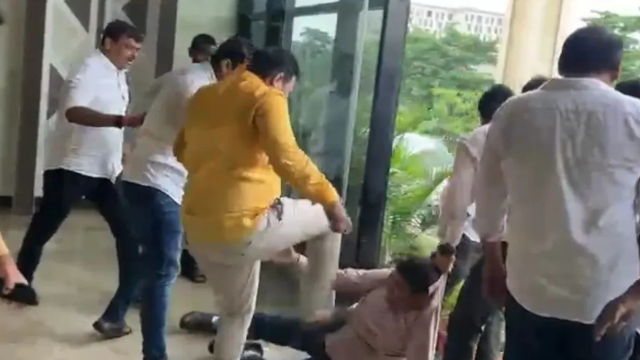
Assault on BMC official: OAS officers to resum...

Air India Crash: UK Families Retain Law Firm f...
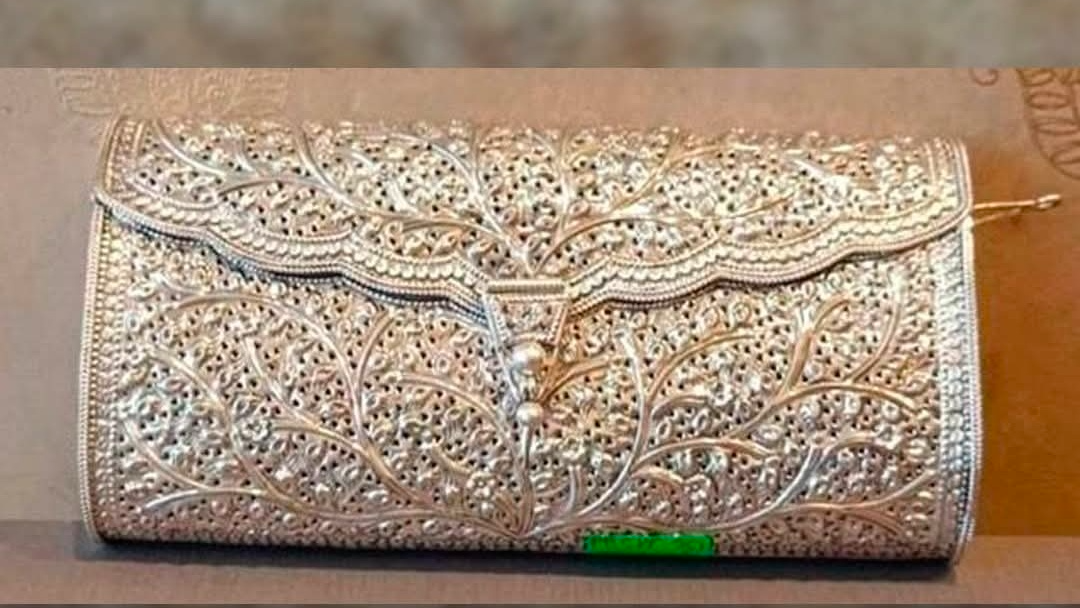
PM Modi gifts silver filigree purse to Ghana’s...
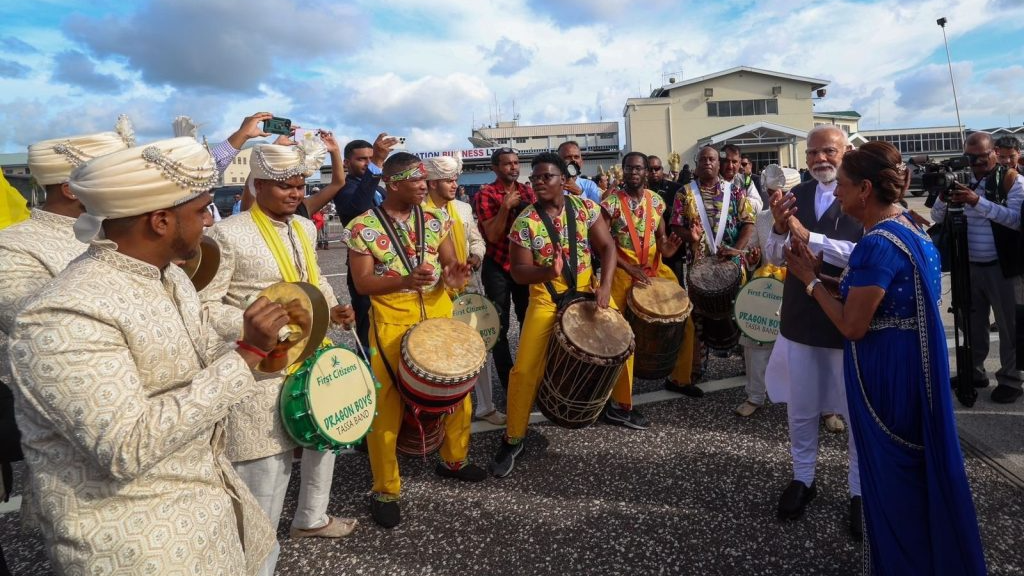
Beyond Diplomacy: PM Modi's Visit to Trinidad...
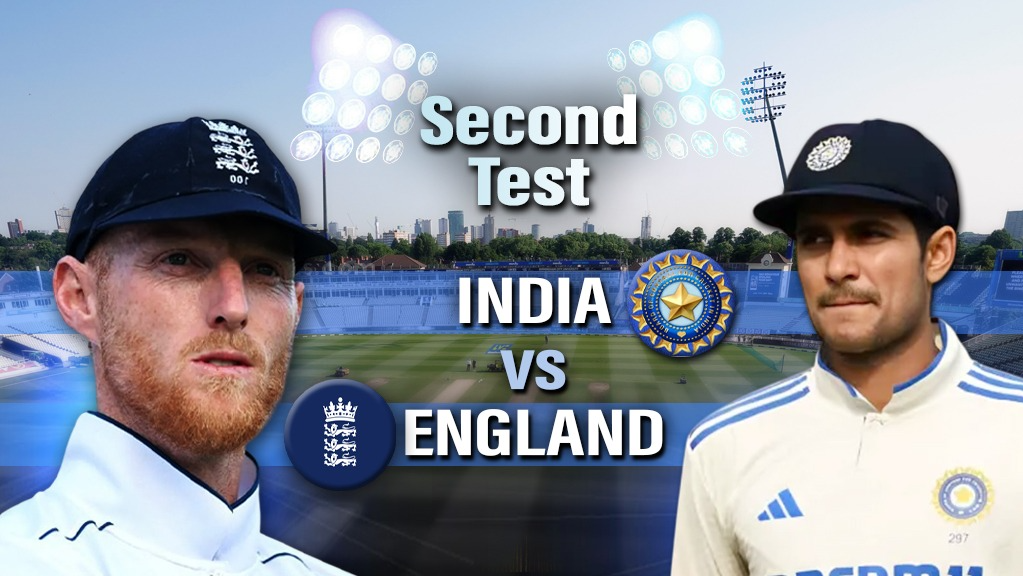
Gill's 269 Sets the Stage, Bowlers Strike Thri...
Copyright © 2024 - Summa Real Media Private Limited. All Rights Reserved.













